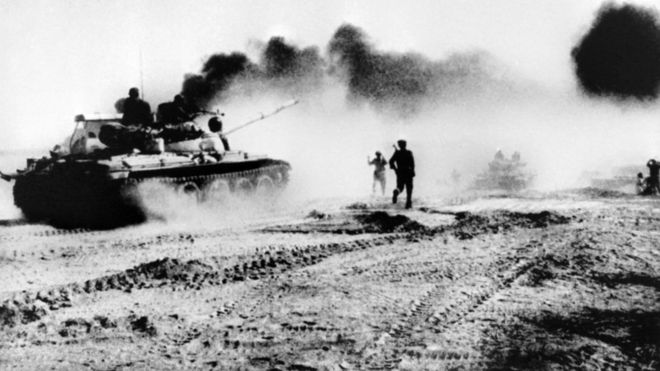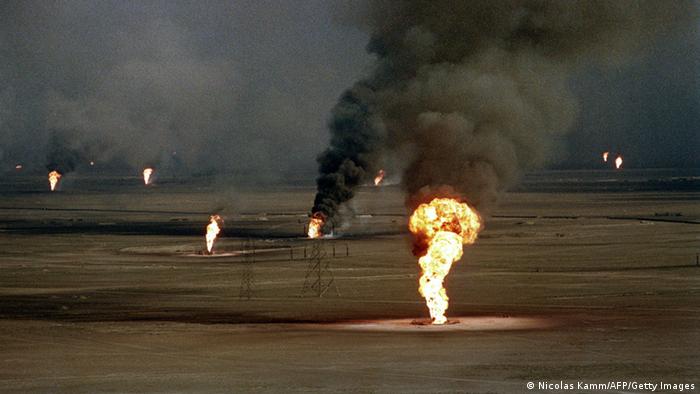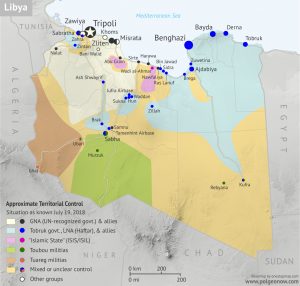While doing research for my final essay, one thing stood out to me: how issues of border security are so interconnected. My topic is North Africa borders and security, and I chose to write about the narcotics trade in North Africa. After doing some initial research, it quickly became apparent that many other regions were involved in this issue. This seems obvious, drugs need to be made somewhere and transported somewhere with stops in between, but I never knew the full extent of the networks. I found myself reading about the US, Spain, Venezuela, the Dominican Republic, Senegal, and others when my topic was about North Africa. It really put into perspective how expansive these drug trafficking networks are and how interconnected the world is today.

https://www.voanews.com/africa/un-reports-alarming-trends-drug-trafficking-africa
This map shows how interconnected the drug trade is, and it leaves out a huge part of the world. I never expected to be reading about South American countries or of Spanish-American cooperation to tackle drug smugglers in a class about the Middle East and North Africa. It was all very interesting, and I’m glad I chose the topic I did. It helped me gain a larger perspective on how different things on different sides of the world can affect so much.




